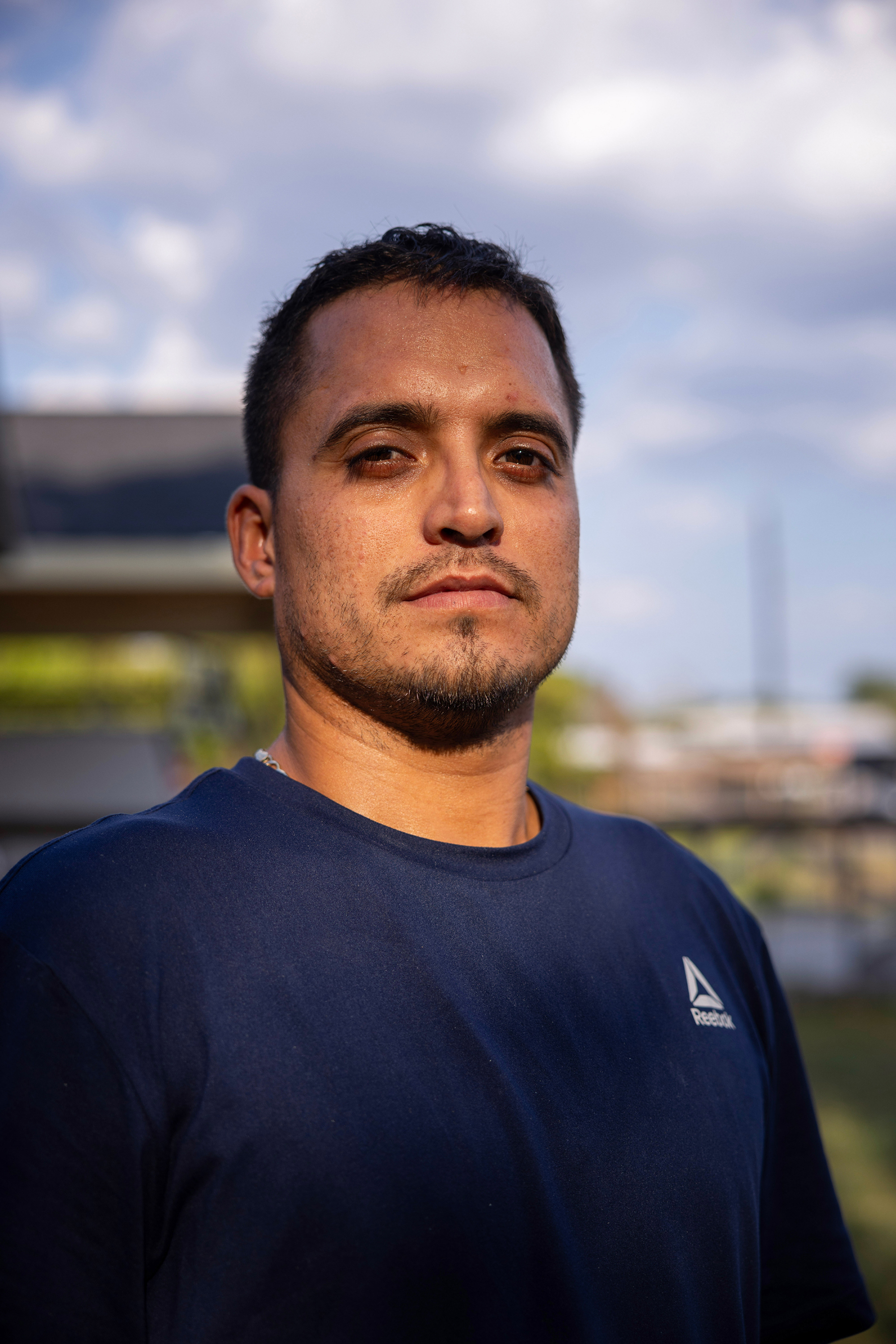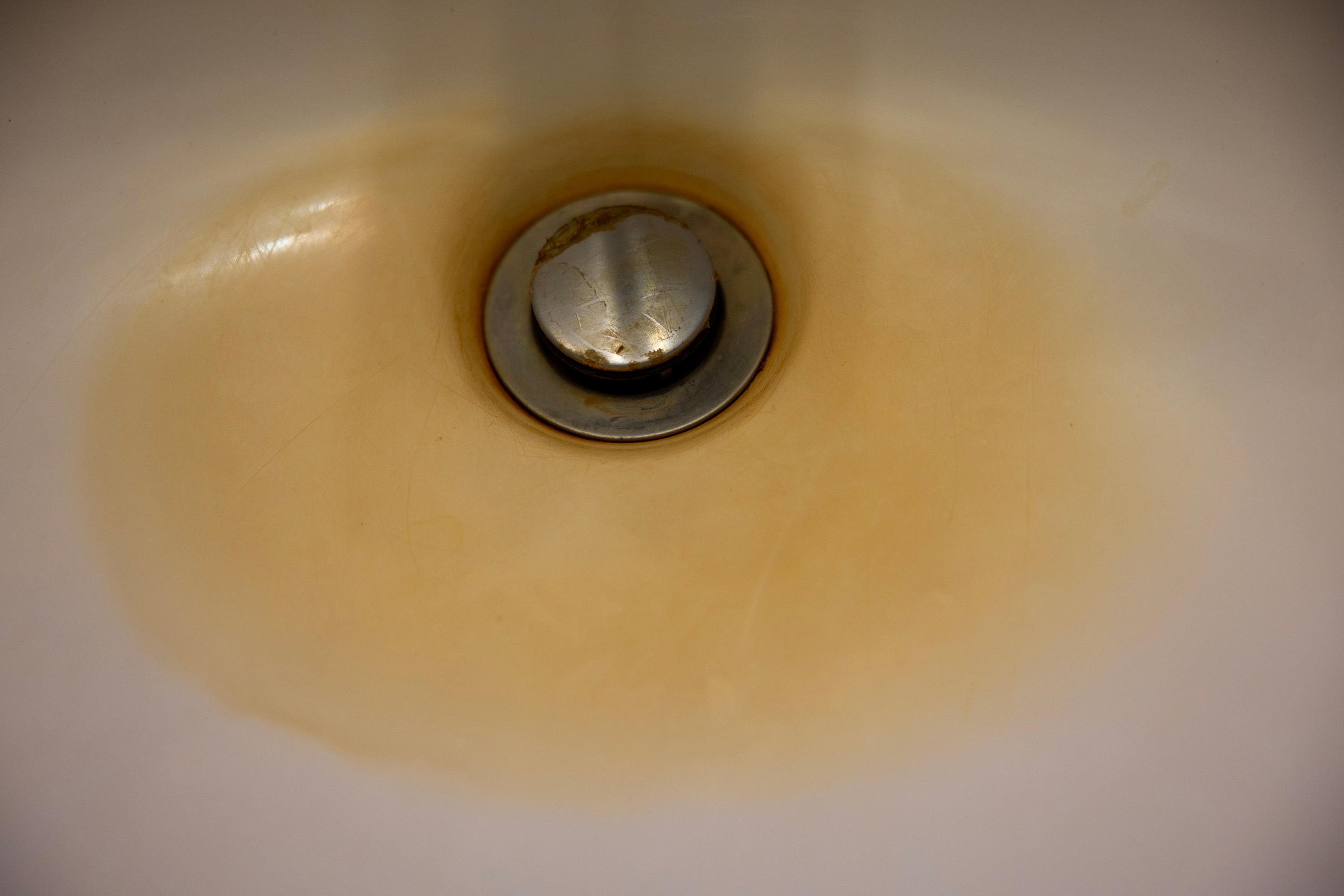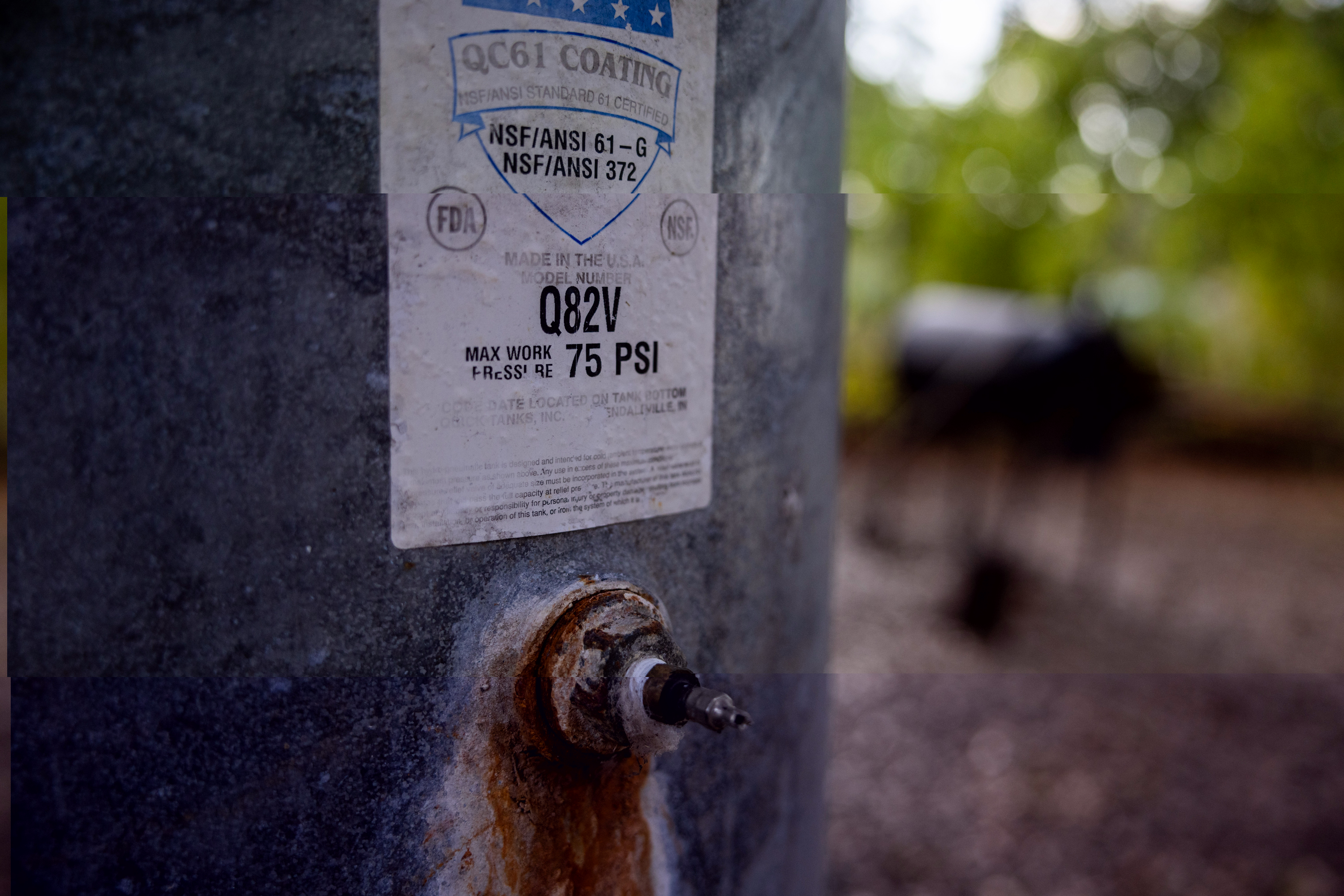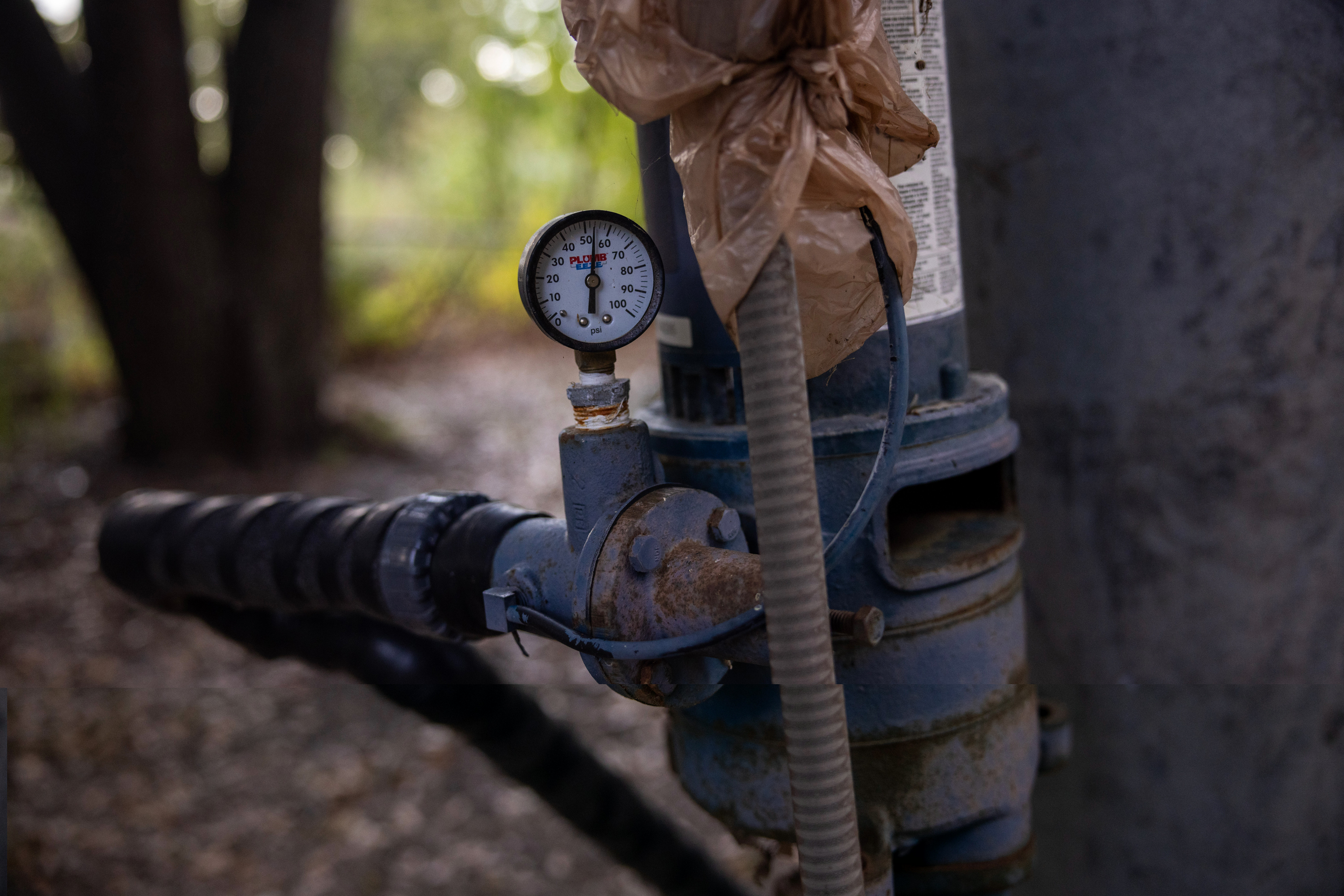|
Getting your Trinity Audio player ready...
|
ARCOLA — On hot summer days, Daryll Gipson struggles with low pressure and slow-running water at his home. Worse, the water from the well on his property deposits sand in his sinks.
“The longer I live here, the worse it gets,” he said. “I just want to get away from some of that sand.”
When he called about getting connected to a cleaner water supply from the city, he was quoted $1,400. For the 57-year-old retiree, it was a price he just could not afford.
“I’m on a fixed income,” he said.
He is not alone.
About half of Arcola’s residents have yet to get connected to the city’s new water treatment plant, with many saying the cost puts it out of reach.
On average, it costs about $2,000 to connect to the water plant, Mayor Fred Burton said. Because the city does not have the funding to finance the upfront cost of the hookups by an outside contractor, the burden is passed on to residents. The mayor said the city’s current contractor is the only option available to residents for the sake of liability.
The plant was built with a $3.4 million loan from the U.S. Department of Housing and Urban Development taken out by Fort Bend County. The plan is for the county to pay off the loan, which was approved by Commissioners Court in 2020, in 10 years. In exchange, the city will forgo its Community Development Block Grant funding.
Burton said the city is looking into additional grants with the goal of being able to offset the connection cost for residents, but is hoping the state would be willing to step in and help.
“We are very concerned about them,” the mayor said of households that cannot afford the connection. “We hear them and understand the cost is a lot.”
Fort Bend County Auditor Ed Sturdivant said the county did not have a legal role to provide input on the fees passed onto the consumer. The only role it could take was to complete the water treatment plant.
Even if it did have a legal role, the county does not have the funds to offset the cost for residents, Precinct 2 Commissioner Grady Prestage said.
Burton said he was excited when the county announced its plan to build the water plant in Arcola. The city, which covers about two square miles and has about 2,100 residents, has no library, parks or schools within its limits.
With Highway 6 running through town, Burton’s hope was the plant would help attract businesses, allowing Arcola a taste of Fort Bend’s rapid growth, and give residents access to clean and consistent water they did not always have with their personal wells.
Before the water plant began operations in April, residents relied on Fort Bend Fresh Water District #1 – which has only a limited number of connections available – or their own personal wells.
Many residents with private wells use it for bathing and washing clothes, but buy bottled water for cooking and drinking.
Carlton Sylvester has relied on well water the five years he has lived in his Arcola home, but said he cannot afford the cost of a filtration system. No amount of bleach or other cleaning supplies have been able to put a dent in the stains circling the drains of his sinks and bathtub.
A good filtration system would cost nearly $2,500, a price he is not willing to pay at the moment.
Sylvester said he would love to connect to city water, but is waiting for someone from the city to come out and give him a quote.
“It’s worth it,” he said of a monthly water bill. “That well water is dirty.”
The cost of connecting to a city water system is not just a problem in Arcola. In the neighboring city of Fresno, the Acosta family has run into several roadblocks.
During the three years they have lived in their home, the Acostas have experienced a foul smell in their water that fills the house and clings to their clothes after each wash cycle.

Francisco Acosta said he wants to get his family connected to municipal water but the expense has made it nearly impossible. He said the city of Pearland quoted him nearly $2,400 to connect to its water.
The city also would require the family to demolish their well, which would push the total cost beyond $4,000.
Maintaining their well has been a challenge, too. Acosta said they have had to change the water pump three times.
“We always say that we’re going to go ahead and get connected to the city water,” he said. “But then we get caught up or only can afford half of it.”
Dominic Boyer, an anthropology professor at Rice University, said water scarcity is a problem across the state.
In places like Fort Bend that are growing rapidly, Boyer said it is not uncommon for more resources to be more available for people at the top end rather than those who are less well off.
“Access to safe, reliable drinking water is a fundamental human right and when some people are given preferential access to that, it becomes a problem that can have cascading effects,” Boyer said. “Cascading effects in terms of health and scaling effects in terms of social inequality, cascading effects in terms of a sense of political enfranchisement.”
Fort Bend County is preparing to improve water lines or create additional water tanks in the Village of Pleak, Beasley and Kendelton. Those projects will be funded with the county’s American Rescue Act and Community Development Block Grant funds.
During the pandemic, Arcola City Council passed an ordinance that would require residents to get rid of their wells if they connected to city water. Recognizing the cost burden for residents, Burton said the city has not been enforcing that.
Finding an affordable solution is top of mind for city officials, City Administrator Annette Guajardo said.
“Water is a priority. Because you can’t live and you can’t grow without water,” she said.





